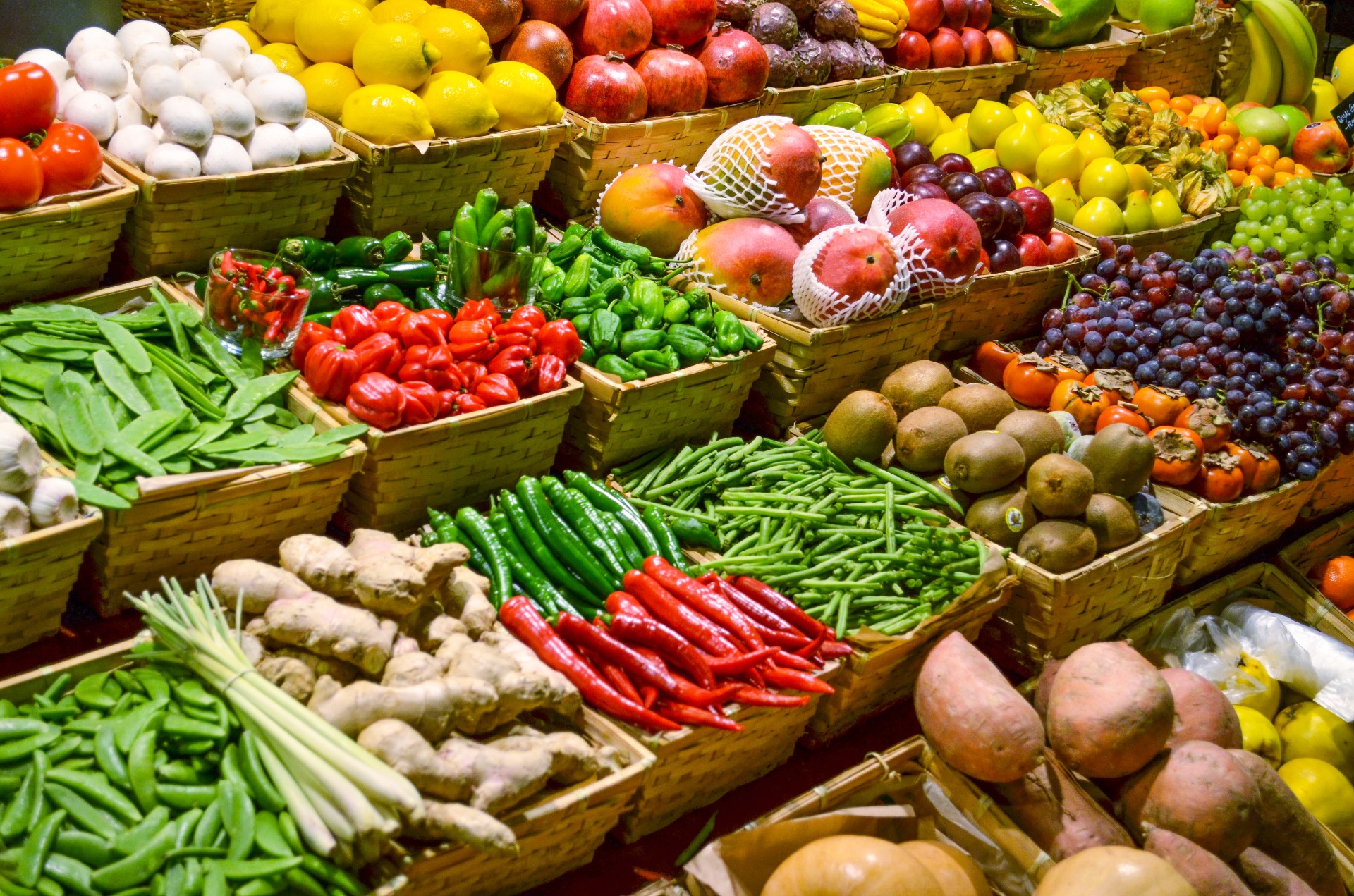Vegetarian diet and stroke risk
A vegetarian diet rich in nuts, vegetables, and soy has been linked to a lower risk of both ischemic and hemorrhagic stroke, new research suggests.
In two large cohorts of more than 13,000 individuals, investigators found a vegetarian diet was associated with a 60% to 74% decreased risk of ischemic stroke and 65% lower risk of hemorrhagic stroke.
Vegetarian diets and other dietary patterns emphasizing plant foods have previously been linked to a lower risk of incident stroke, the investigators note.
On the other hand, many vegetarians have a low intake of vitamin B12, which might be responsible for raising homocysteine, an amino acid in the blood, thereby increasing the risk of stroke. In addition, some studies suggest animal protein may be beneficial for the prevention of hemorrhagic stroke.
The researchers examined the incidence of overall, ischemic, and hemorrhagic stroke in vegetarians as well as nonvegetarians in two prospective cohorts in Taiwan and analyzed whether any association between vegetarian diet and stroke risk might be modified by vitamin B12 intake.
Participants in both cohorts were Tzu Chi Buddhists, about 30% of whom were full-time vegetarians (defined as avoidance of fish and meat)
Vegetarians consumed more soy, vegetables nuts, dietary fiber, and plant protein and less dairy, animal protein, fat, and vitamin B12, compared with nonvegetarians. Vegetarians had a higher proportion of inadequate intakes of vitamin B12, compared with nonvegetarians (64% vs 33%, respectively)
The investigadors, finally, showed that vitamin B12 intake may modify the association between vegetarian diet and stroke risk.

